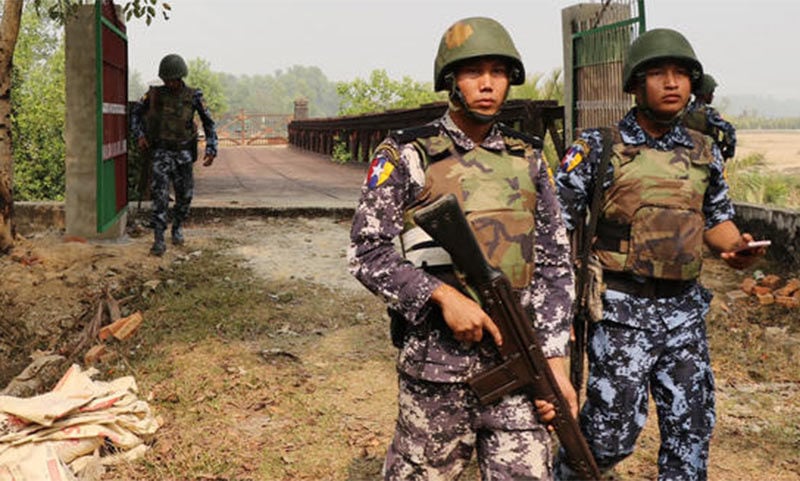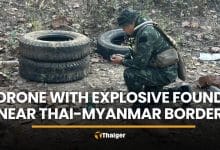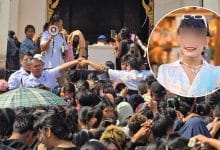Burmese military junta death toll surpasses 1,000

Myanmar passed a grim milestone as the death toll at the hands of security forces after the February 1 military coup has officially surpassed 1,000 people. Since the military junta seized power, pro-democracy protesters have taken to the streets nearly non-stop to demonstrate and are often met with harsh and violent suppression from the Burmese military.
The Assistance Association for Political Prisoners has been actively tracking the mass arrests and deaths since the coup and says they have verified 1,001 total deaths as of today. The joint secretary of the organisation says the true number of deaths at the hands of the military junta is probably a lot higher than that.
The junta disagrees with the AAPP’s statistics though and officially report a much lower death toll. They also emphasise the death of more than 90 military security force members they attribute to the protesters.
Despite the violent crackdowns and suppression methods, dissident citizens continue to protest, with self-defence groups forming to fight the military. And not just activists. Students, teachers, professionals, even doctors and nurses have joined the protest.
This has created more problems as Covid-19 sweeps the country, with over 360,000 infections and more than 13,600 deaths. Hospitals are severely understaffed as medical workers join the protests. Shortages of medical supplies and oxygen are also widespread in Yangon, as people afraid of persecution avoid the military-run hospitals. Because of this, the AAPP suggested that the junta has weaponised Covid-19 against the people.
The military junta seized power in a coup, claiming Myanmar’s democratic election was. corrupt. The military ousted and imprisoned the country’s civilian leaders. They accuse Aung San Suu Kyi, the leader they unseated, of a variety of political crimes like violating state secrets and using illegal walkie-talkies. Meanwhile, military leader Min Aung Hlaing has installed himself as the acting prime minister of the so-called State Administration Council.
SOURCE: Bangkok Post
Latest Thailand News
Follow The Thaiger on Google News:


























